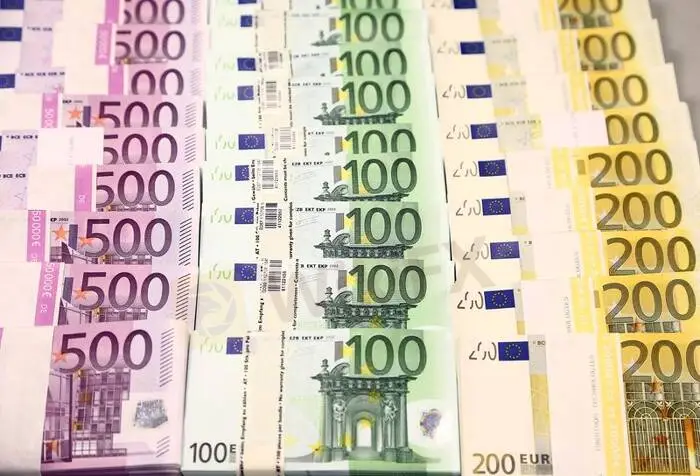简体中文
繁體中文
English
Pусский
日本語
ภาษาไทย
Tiếng Việt
Bahasa Indonesia
Español
हिन्दी
Filippiiniläinen
Français
Deutsch
Português
Türkçe
한국어
العربية
Rouble skids to all-time low, dollar surges as West bolsters Russia sanctions
Abstract:The euro opened sharply lower after the weekend as the escalation of Western sanctions on Russia threatened further turmoil on world markets on Monday.
The rouble plunged to a record low on Monday and the dollar soared against most peers after Western nations announced fresh sanctions to punish Russia for its invasion of Ukraine, and President Vladimir Putin put its nuclear forces on high alert.
The declines came despite Russias central bank announcing a slew of steps on Sunday to support domestic markets, after Western allies ratcheted up sanctions including blocking certain banks from the SWIFT international payments system. Restrictive measures on the Bank of Russia were also imposed to prevent it from deploying its international reserves to undermine sanctions.
Adding to nerves, Putin put Russias “deterrence forces” – which wield nuclear weapons – on high alert.
Elsewhere, the euro tumbled 1.1% to $1.1148. It was also down 1% on both the yen and the Swiss franc.
However, the dollar was the main beneficiary of the tension around Ukraine. The dollar index, which measures the currency against six peers, was up 0.83% at 97.368.
The greenback even gained a fraction on the yen, which was at 115.53 per dollar
“In the near term we think the dollar faces a risk of pushing above the 97.47 resistance level,” said Carol Kong, an FX strategist at Commonwealth Bank of Australia.
She said the extent of the dollar‘s gains would depend on any further leap in volatility, the size of the sell-off in global equities, and assessments of central banks’ tightening programmes.
She noted that high energy prices were capping the yen, given Japan imports the bulk of its energy requirements.
Markets are now pricing in a 95% chance the U.S. Federal Reserve will hike rates by 25 basis points at its March meeting, according to CMEs Fedwatch tool, with the invasion having put an end to speculation that the Fed will jump in with a 50 basis point hike.
Investors also believe the war will deter the European Central Bank from any strong tightening moves in the near term.
The Australian dollar slid 0.72% to $0.7180, the New Zealand dollar sank 0.76% to $0.6685, and sterling was slightly weaker at $1.335.
A top official at the Reserve Bank of New Zealand told Reuters in an interview it is too early to assess what impact, if any, the Russian invasion of Ukraine might have on policy, and that it has more work to do on interest rates to control inflation.
In cryptocurrency markets, bitcoin was in the middle of its recent range, trading just below $38,000.
(Reporting by Kevin Buckland; Editing by Shri Navaratnam and Kenneth Maxwell)

Disclaimer:
The views in this article only represent the author's personal views, and do not constitute investment advice on this platform. This platform does not guarantee the accuracy, completeness and timeliness of the information in the article, and will not be liable for any loss caused by the use of or reliance on the information in the article.
WikiFX Broker
Latest News
Saxo & Portuguese Bank Partnership
SEC Fines Broker-Dealers $275K for Incomplete SAR Filings
Elon Musk Warns of Imminent US Bankruptcy | Bitcoin Retreats from $100K
WikiEXPO Global Expert Interview: Advanced Practices and Insights in Financial Regulation
Justin Sun Invests $30M in Trump-Backed World Liberty Financial
Kraken Closes NFT Marketplace Amid New Product Focus
Lured by False Promises: Malaysian Driver Lost RM218K to an Investment Scam
FTX Sets March 2025 Timeline for Creditor Payouts: What It Means for Investors
What is an Economic Calendar? How it works
Pros & Cons of Automated Forex Trading
Currency Calculator



